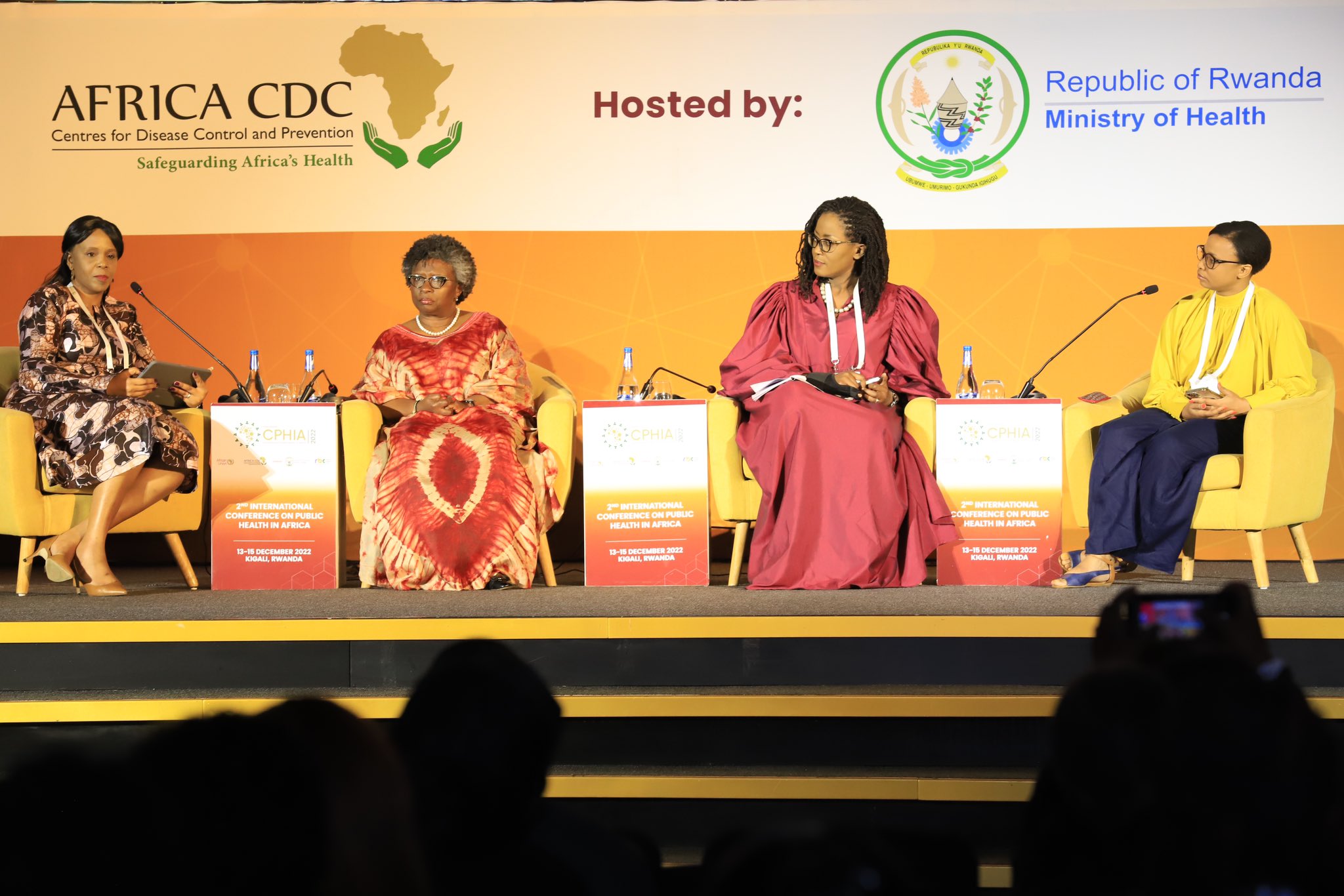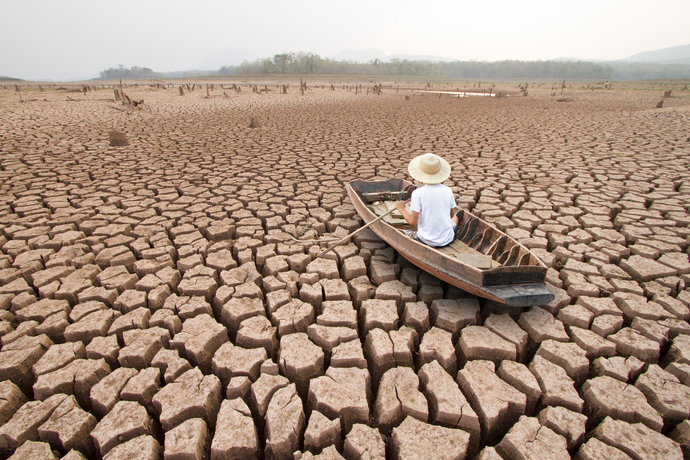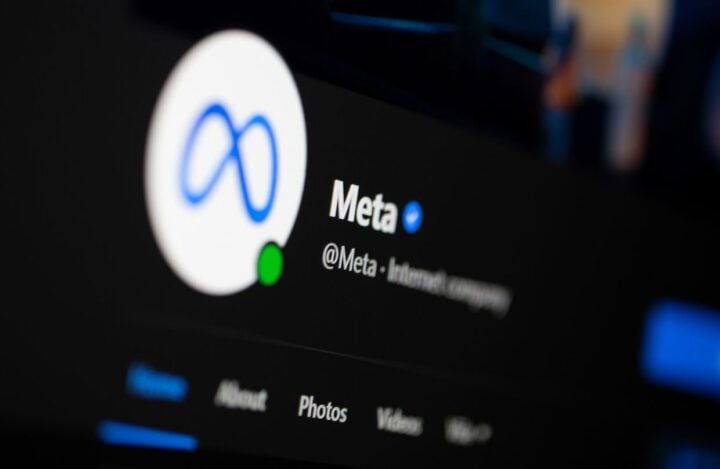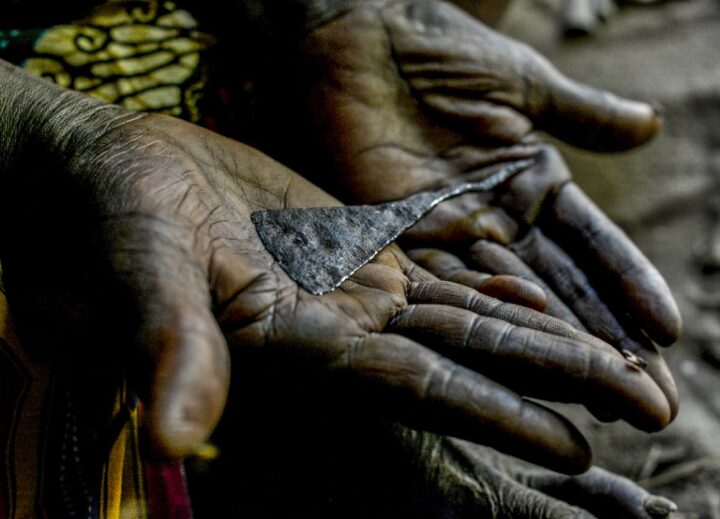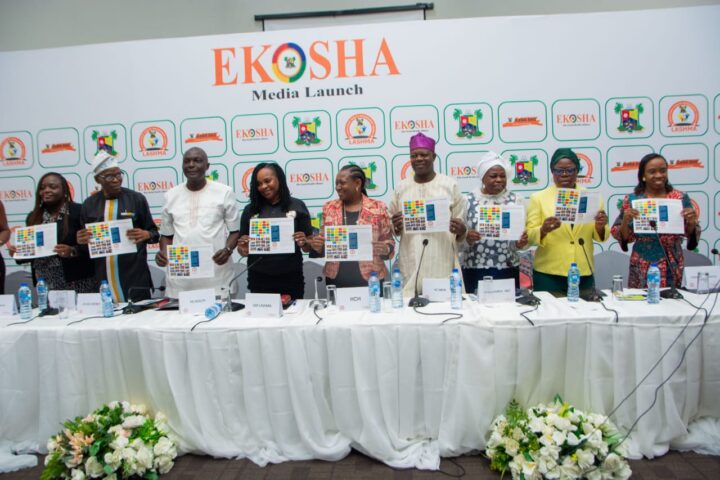BY KATE OKORIE
An all-female panel led the first plenary session for the second day of the International Conference on Public Health in Kigali, Rwanda.
The session, which focused on ‘Women in Health – From Recipients to Providers to Leaders’, was moderated by Vivianne Ihekweazu, managing director of Nigeria Health Watch, and Ebere Okereke, technical adviser of the Tony Blair Institute for Global Change.
In her opening remark, Ihekweazu remarked that during the preceding conference, there was a session focused on women in public health, but it was merely a side event. “To see this year’s session as a plenary says how important the issue of women in health is,” she added.
Advertisement
Joining them on stage were Magda Robalo, the former minister of health in Guinea Bissau and president of the Institute for Global Health and Development (IGHD); Ida Hakizinka, executive director, Aidspan, and a recipient of the 2022 Kofi Anan Fellowship; and Lwazi Manzi, head of the secretariat of the AU COVID-19 Commission.
“For all of us, it is very personal. COVID-19 really had an impact on women, and as mothers, carers, and health providers, this has made us more conscious of the importance of discussing these issues. Without gender equity, there is no universal health coverage,” said Ihekweazu.
Talking about the role of women during the COVID-19 pandemic, the panel members, all from sub-Saharan Africa, had varying experiences regarding the inclusion of female health professionals in their respective countries.
Advertisement
“In my country, men in charge were told to step aside [for women],” said Robalo, who would quickly acknowledge that her country, Guinea-Bissau, was the exception rather than the rule.
“There are few examples where women were leading the COVID-19 response, and I think the reason is because women within the health sector are very few in leadership positions,” she added.
“They are more in the background and very few on the front stage despite the fact that most healthcare workers are women.”
She linked the underrepresentation of women to the cultural norms in society that limit women’s roles in leadership positions.
Advertisement
“We have been educated to believe that we don’t take the front seats, and until we learn to unlearn that, it will be difficult,” she said, pointing out that education will help to change the narrative, including the re-orientation of young boys to achieve a balanced society free of patriarchal values.
HUGE DISPARITY BETWEEN MEN AND WOMEN
Hakizinka stressed that good leaders listen to the needs of girls and women because they are equally important members of society. Manzi reaffirmed this sentiment and revealed that women were essential to boost COVID-19 vaccination in South Africa.
“While working as a spokesperson with South Africa’s ministry of health, we approached the Human Science Research Council and said we [want] to see the vaccination [rate] between men and women,” she said.
Advertisement
“We were very surprised to find that there was a huge disparity between men and women; in fact, it was the women who were in the lead. So we said, in that case, we need to change [how] we deal with the messaging and get the women to talk to the men. What we did in principle is that we shifted the role of women; since they were the pioneers, we [then] made them the leaders.”
‘WOMEN HAVE UNIQUE HEALTH NEEDS’
Advertisement
Winnie Byanyima, executive director of UNAIDS, who joined the panel virtually, talked about the factors negatively influencing the health of women and girls.
“Women have unique health needs based on their sexuality, their gender role and the risks that come with those,” she said.
Advertisement
“Here in Africa, it is the [intersection] of poverty, patriarchy and violence that come together to crash women and girls, undermining their health and limiting their access to healthcare, and this happens with terrible consequences.
“Globally, more than 800 million women and adolescent girls die from preventable health issues related to pregnancy and childbirth. Women in Africa account for more than half of the deaths of women worldwide due to communicable diseases. In our region here, adolescent girls and young women are three times more likely to be infected with HIV than boys and men of the same age.
Advertisement
“So challenging patriarchy, gender-based violence, overcoming poverty and providing women’s sexual health care are priorities that must be pursued together.”
As it concerns women in the health workforce, she said: “While across the world, women are the majority of paid health workers, they are concentrated in the lower levels. Public health decision-making is dominated by men, with women just holding 20 percent of the senior leadership roles.
“So women are underrepresented in policymaking, planning and budgeting for healthcare. Is it then surprising that the health needs of women and girls are not fully met anywhere in the world?”
Byanyima however applauded the African Union (AU) for recognising the importance of women’s leadership in health. “Since its inception, the commissioners responsible for health have all been women,” she remarked.
In her final statement, she said the world needs to move faster towards gender parity in senior positions in public health, parliaments, and local governments.
FUTURE OF GENDER EQUITY
The next speaker for the session was Oyeronke Oyebanji, policy and partnerships manager of the Coalition for Epidemic Preparedness Innovations (CEPI). She spoke about ‘The Future of Gender Equity in Africa From the Perspective of a Future Leader’.
In her speech, she encouraged young people who have benefited from mentorship to pay it forward.
The last speaker for the session was Mary Muchekeza, provincial medical director, Zimbabwe’s ministry of health and child care. She spoke on ‘Equity through the Intersectional Lens: Sharing Reflections From the Intersection of Gender and Physical Disability’.
Muchekeza shared that understanding the theory of intersectionality improves awareness of the experiences of women with disabilities in their unique forms.
Okereke, who moderated the session alongside Ihekweazu, gave the closing remark. She acknowledged the progress in prioritising women-focused conversations during the public health conference in its two years of existence but challenged the organisers to allocate a whole day to women in the next conference.
Add a comment
